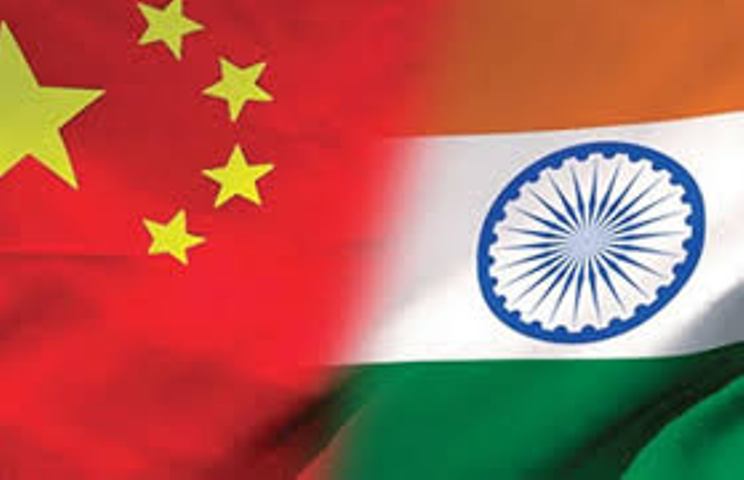India rejects China's renaming of 30 places in Himalayan border state
Yet the state is frequently the cause of friction between the Asian giants whose ties have nosedived since a bloody border clash between their troops in the western Himalayas in 2020. China, in a statement on Saturday, said it had standardised the names of about 30 places in what it calls South Tibet, "in accordance with the relevant regulations on place name management of the State Council".

India rejected China's renaming of about 30 places in its northeastern Himalayan state of Arunachal Pradesh on Tuesday, calling the move "senseless" and reaffirming that the border province is an "integral" part of India. Beijing says Arunachal Pradesh, which its calls Zangnan, is a part of South Tibet - a claim New Delhi has repeatedly dismissed. China similarly ratcheted up tensions a year ago by giving Chinese names to 11 locations in the state.
Troops of the nuclear-armed neighbours engaged in minor scuffles along their disputed frontier in the state in Dec. 2022, and tensions eased after extensive military and diplomatic talks. Yet the state is frequently the cause of friction between the Asian giants whose ties have nosedived since a bloody border clash between their troops in the western Himalayas in 2020.
China, in a statement on Saturday, said it had standardized the names of about 30 places in what it calls South Tibet, "by the relevant regulations on place name management of the State Council". "Assigning invented names will not alter the reality that Arunachal Pradesh is, has been, and will always be an integral and inalienable part of India," foreign ministry spokesperson Randhir Jaiswal said on Tuesday.
On Monday, Indian Foreign Minister Subrahmanyam Jaishankar told reporters that "changing names will not do anything". "If I change the name of your house, does it become my house?" he said.
Last month, following a visit by Prime Minister Narendra Modi to the state to inaugurate infrastructure projects, China said it was opposed to his activities in the region. India termed the arguments "baseless". The U.S. also weighed in on the issue, saying it recognized Arunachal Pradesh as Indian territory and "strongly opposed" any unilateral attempts to make claims on it by military or civilian "incursion or encroachments".
China had opposed these remarks, saying the matter "has nothing to do with the U.S.". India and China share a 3,800 km (2,400 miles) border - much of it poorly demarcated - over which they also fought a bloody war in 1962.
Twenty Indian soldiers and four Chinese troops were killed in hand-to-hand combat in 2020, prompting both countries to fortify positions and deploy extra troops and equipment along the border.
(This story has not been edited by Devdiscourse staff and is auto-generated from a syndicated feed.)
ALSO READ
U.S. news organizations urge Biden, Trump to commit to debates
Philippine president: trilateral agreement with U.S., Japan not directed at anyone
Allies seeking new ways to enforce North Korea sanctions, U.S. envoy to UN says
Philippines' Marcos has no plans to grant U.S. access to more bases
U.S. and allies seek new ways to enforce North Korea sanctions










